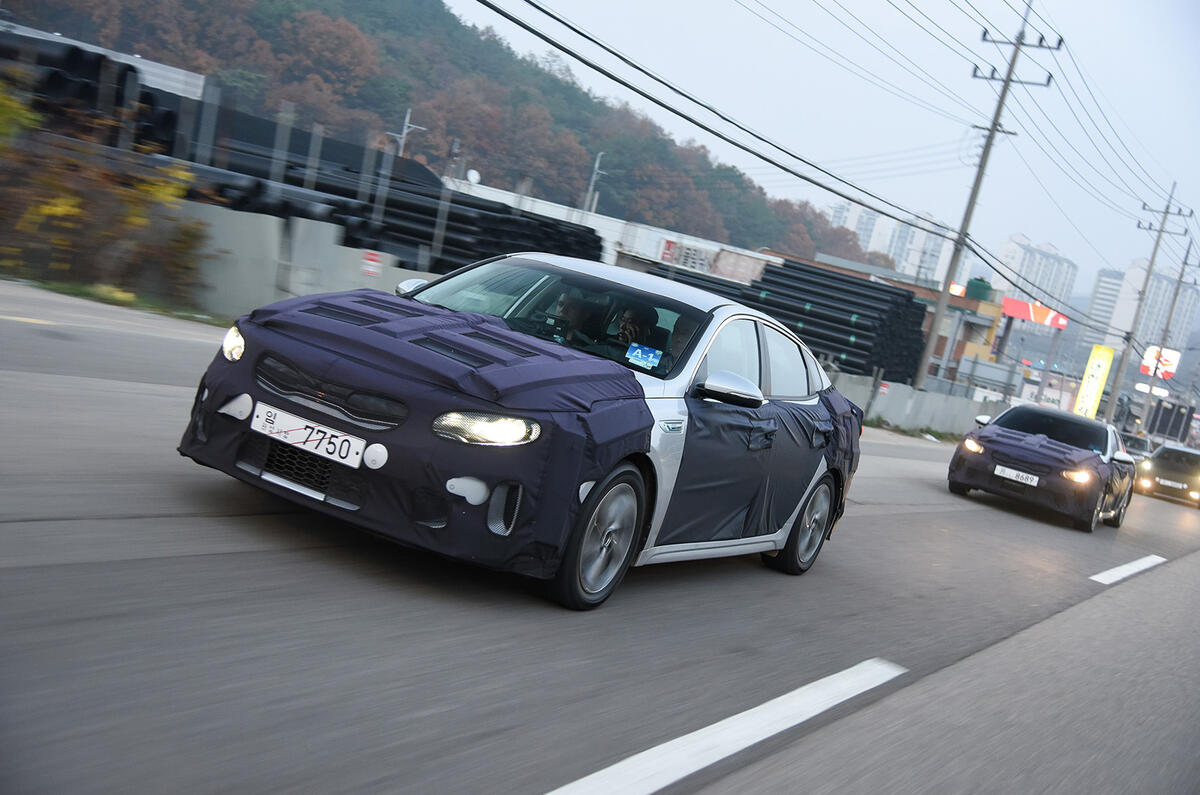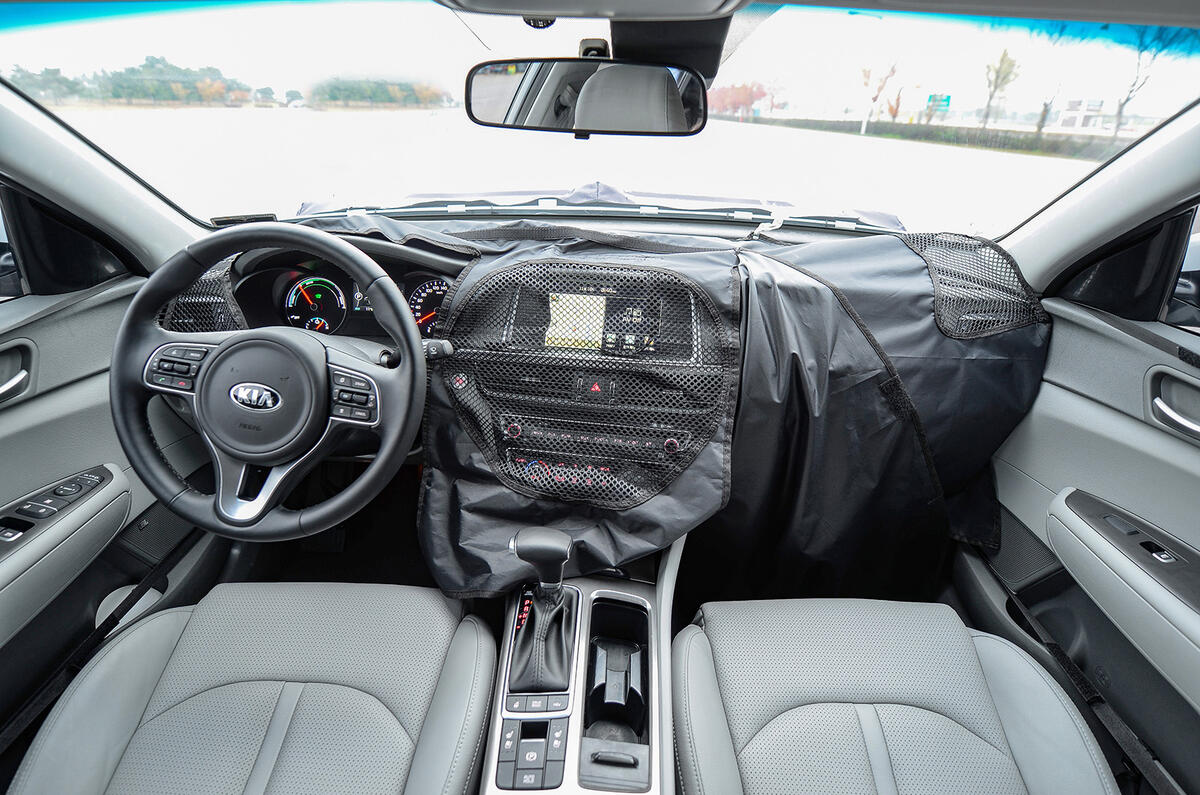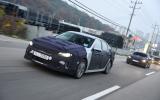Kia will bring a bespoke hydrogen fuel-cell car to market before the end of 2021.
Speaking to Autocar ahead of the Geneva motor show, the company’s head of marketing in Europe, Artur Martins, confirmed that development of a new fuel cell car was under way.
Although he stopped short of confirming any specifics about the new car, Martins said it would be a 'bigger' model which would be capable of housing conventional combustion engines, as well as hybrid and electric options and, crucially, a fuel cell, too.
The 2021 model will get its own distinctive look to signify its eco credentials. “It is not clear what kind of bodystyle the cars will have, but it will be dedicated models rather than using an existing donor car as we do now with the ix35,” said Kia's head of fuel cell research, Dr Sae-Hoon Kim. He cited the example of the Toyota Mirai as highlighting the benefits of a bespoke fuel cell car, most notably because of the ability to design with extra cooling requirements in mind.
The upcoming Kia's next-generation hydrogen fuel stack will be similar in size to a 2.0-litre combustion engine, but despite being 15% more compact and lighter will deliver around 10% more performance. Range between refuellings is expected to be some 500 miles, and top speed around 105mph.
Given the popularity of large SUVs in Europe, and that by the turn of the decade Kia’s Sorento will be due for replacement, that car would seem to be a frontrunner to receive this hybrid technology. Martins said that despite it being Kia’s halo model, a fuel cell version of the upcoming Stinger sports saloon isn’t planned.
Martins also confirmed that if the new model was successful, it would “make sense to start applying it to other products,” opening the door for more fuel cell models from Kia in the future.
Read our first drive in the Kia Optima PHEV here
Kia already has a fuel cell car in its model range, the Borrego FCEV SUV, which is the sister car to Hyundai’s ix55 large SUV, and while neither model is sold in Europe, the two companies have been using the technology since the 1990s.
Kia's ambitious CO2 reduction target will result in 70% of the firm’s current line-up of engines being replaced over the next four years, as well as the launch of seven new hybrid, plug-in hybrid (PHEV), battery-electric and fuel cell cars. More efficient multi-speed transmissions are also being developed. The total investment in the new projects is reported to be £6.7 billion, and Kia says it will create 'thousands' of jobs to hit its targets.




















Join the debate
Add your comment
Perspective of Hydrogen fuel cell
Future and Past
The best thing about the Internet is reseach
Know
[quote=TBC]I'm guessing that,